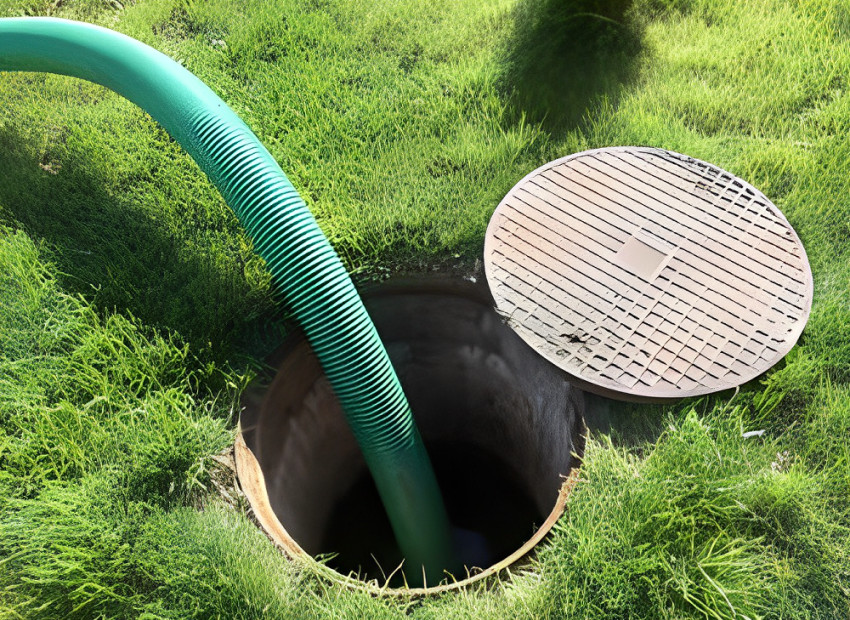
What is Septic Tank Emptying?
A septic tank is an underground container that collects and treats the wastewater generated by your household. Over time, solid waste settles at the bottom of the tank, forming a layer of sludge. Meanwhile, liquids flow out of the tank and into the drain field for further treatment.
Septic tank emptying, or septic tank pumping or cleaning, involves removing the accumulated sludge from the tank. Professional septic tank service providers with the necessary equipment and expertise usually carry out this process.
Why is Septic Tank Emptying Important?
- Preventing System Failure: Regular emptying prevents the septic tank from reaching its maximum capacity, which can lead to system failure. When the sludge layer becomes too thick, it can clog the pipes and cause blockages, resulting in slow drains, backups, and potential damage to the entire system.
- Preserving Drain Field Functionality: The drain field further treats the effluent released from the septic tank. If the tank isn't emptied regularly, excessive sludge buildup can escape into the drain field, clogging the soil and disrupting its ability to filter and purify the wastewater effectively. This can lead to pooling water, foul odours, and costly drain field repairs or replacements.
- Extending the Lifespan of the Septic System: Regular septic tank emptying helps extend the lifespan of the entire septic system. Removing the accumulated sludge reduces the strain on the design and minimises the risk of premature failure or costly repairs.
- Protecting the Environment and Health: A properly maintained septic tank ensures that wastewater is adequately treated, preventing harmful pathogens and contaminants from leaching into the soil and groundwater. This protects both the environment and the health of your family and the community.
How Often Should a Septic Tank Be Emptied?
The frequency of septic tank emptying depends on various factors, including the tank size, household size, and water usage. As a general guideline, emptying your septic tank every three to five years is recommended. However, some households may require more frequent emptying if they have a smaller tank or higher water usage.
It's important to note that regular inspections by a professional septic tank service provider can help determine the appropriate emptying schedule for your specific circumstances.
Signs That Your Septic Tank Needs Emptying
While adherence to a regular emptying schedule is crucial, sure signs can indicate an urgent need for septic tank emptying:
- Slow-draining sinks, showers, or toilets.
- Gurgling sounds are coming from plumbing fixtures.
- Foul odours come from the drains or the area around the septic tank.
- It was pooling water or wet spots near the drain field.
- Backups or overflows of sewage.
If you notice any of these signs, arranging septic tank emptying as soon as possible is essential to prevent further damage and potential health hazards.
Conclusion
Understanding the importance of septic tank emptying is essential for every homeowner who relies on a septic system. Regular emptying helps prevent system failures, preserves the functionality of the drain field, and extends the lifespan of the septic system as a whole. By being proactive and attentive to the signs indicating the need for emptying, you can ensure a healthy and efficient septic system that protects your property and the environment for years to come.



